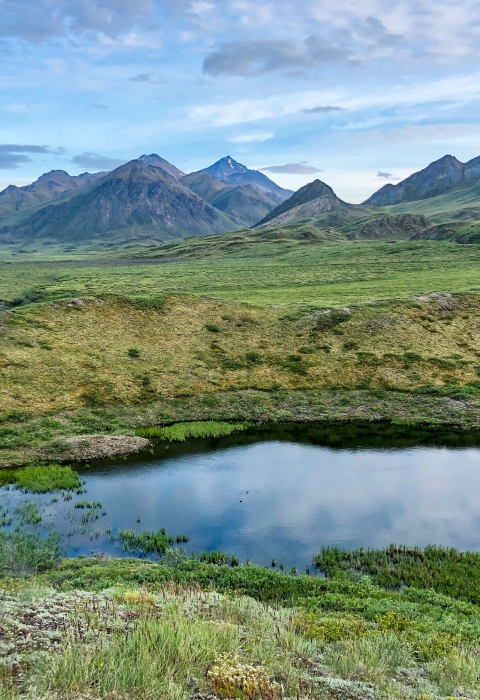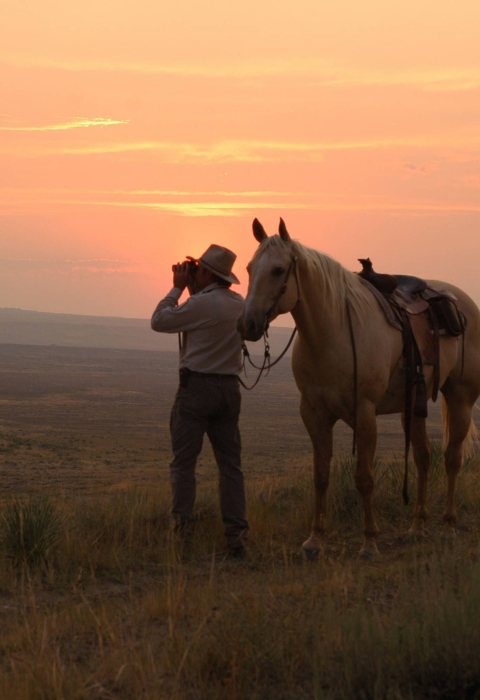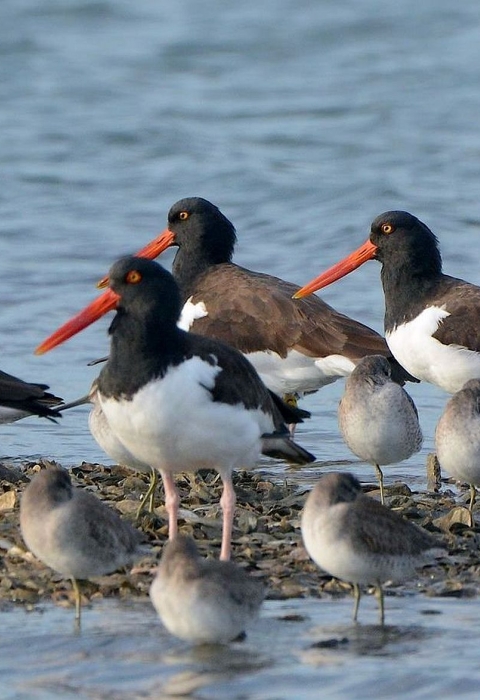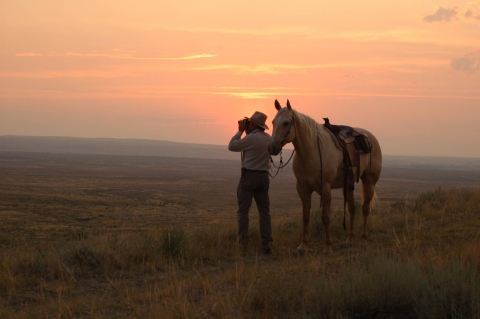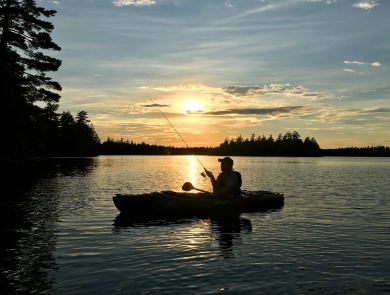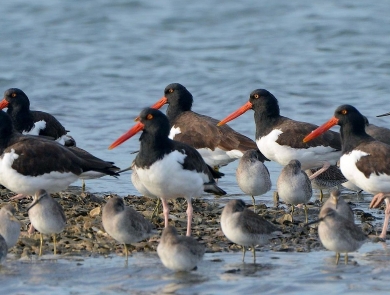What We Do
Our Services
The National Wildlife Refuge System, managed by the U.S. Fish and Wildlife Service, contains more than 20 million acres of designated wilderness.
You can explore wilderness on 63 wildlife refuges in 26 states. About 90 percent of the Refuge System’s wilderness is in Alaska. In the lower 48, some refuge wilderness areas — such as those at Great Swamp National Wildlife Refuge in New Jersey and Cape Romain National Wildlife Refuge in South Carolina — are located surprisingly near urban centers.
For many, wilderness conveys spiritual, aesthetic and ethical values, such as a connection with nature and opportunities for personal renewal, inspiration, self-reliance and solitude, and a haven from the pressures of modern society.
The Fish and Wildlife Service also manages more than 14 million acres of proposed wilderness, awaiting Congressional action. Both designated and proposed areas are managed to preserve their wilderness character.
By the Numbers
- 63 REFUGES with Wilderness Areas
- 20 MILLION acres of Refuge System Wilderness
- 26 STATES with Refuge Wilderness
Refuge wilderness areas contribute valuable wetlands, coastal islands and deserts to the National Wilderness Preservation System, in which the U.S. Fish and Wildlife Service, Bureau of Land Management, the U.S. Forest Service and the National Park Service conserve designated wilderness. National wildlife refuges allow visitors to explore wilderness without motor vehicles, motorized equipment or mechanical transport such as bicycles. Some refuges may limit public use to protect wildlife and its habitat.
“Something will have gone out of us as a people if we ever let the remaining wilderness be destroyed…”
— Wallace Stegner, American historian, novelist and environmentalist
